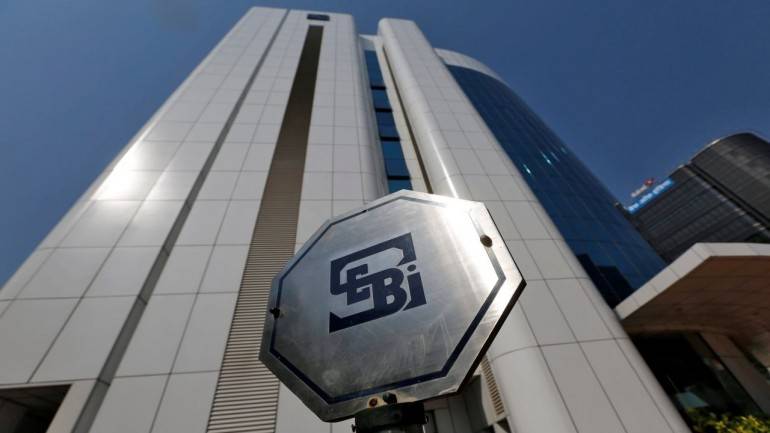The Kotak Committee was constituted last year with the primary objective of improving standards concerning corporate governance of listed companies in India.
Diljeet Titus & Rai S. Mittal
India represents a dynamic and diverse combination of small, mid-size and large companies with over 6,000 listed companies having a notable presence in the Forbes Global 2000 that access capital from domestic and international investors to fund their growth.
Moreover, corporate India plays a pivotal role in facilitating nation building and efficient corporate governance is critical for bolstering India’s economic growth.
Over the last decade, lawmakers in India have been extremely cognizant of the importance of corporate governance, and valuable recommendations from eminent committees have largely been adopted and enforced time and again.
However, corporate governance practices, even in the most reputed listed Indian companies, have been questionable on a number of dimensions and occasions, which steers the demand for a higher quality/level of corporate governance.
The Kotak Committee on Corporate Governance (hereinafter referred to as 'The Committee') was constituted on June 2, 2017, under the chairmanship of Uday Kotak. Its primary objective was improving standards concerning corporate governance of listed companies in India.
The Committee was represented by different stakeholders, including the government, the industry, stock exchanges, academicians, proxy advisors, professional bodies, lawyers, etc. It was requested to provide recommendations on diverse issues such as ensuring independence in spirit of independent directors and their active participation in the functioning of the company, and improving safeguards and disclosures pertaining to related party transactions.
Other subjects on which the Committee was asked to make recommendations were accounting and auditing practices by listed companies, board evaluation practices, disclosure and transparency related issues and addressing issues faced by investors on voting and participation in general meetings.
In a significant development, Securities and Exchange Board of India's (SEBI) board, at a meeting held in Mumbai on March 28, 2018, took important decisions on the recommendations of the Committee. The Committee submitted its report detailing several recommendations on October 5, 2017.
Comments were then invited from the public and a variety of stakeholders including from the industry, the government, global associations, institutional investors, and lawyers, among others, sent their comments.
At the said meeting, the capital and commodities market regulator's board considered the Committee's recommendations and the public comments. The board decided to accept several recommendations of the Committee without any modifications, including the following:- Reduction in the maximum number of listed entity directorships from 10 to 8 by April 01, 2019 and to 7 by April 1, 2020
- Expanding the eligibility criteria for independent directors
- Enhanced role of the Audit Committee, Nomination and Remuneration Committee and Risk Management Committee
- Disclosure of utilization of funds from QIP/preferential issue
- Disclosures of auditor credentials, audit fee, reasons for resignation of auditors, etc.
- Disclosure of expertise/skills of directors
- Enhanced disclosure of related party transactions (RPTs) and related parties to be permitted to vote against RPTs
- Mandatory disclosure of consolidated quarterly results with effect from FY 2019-20
- Enhanced obligations on the listed entities with respect to subsidiaries
- Secretarial Audit to be mandatory for listed entities and their material unlisted subsidiaries under SEBI Listing Obligations and Disclosure Requirements (LODR) Regulations.The regulator's board decided to accept several recommendations with modifications, which included the following:
- Minimum 6 directors in the top 1000 listed entities by market capitalization by April 1, 2019 and in the top 2000 listed entities by April 1, 2020
- At least one woman independent director in the top 500 listed entities by market capitalization by April 1, 2019 and in the top 1000 listed entities by April 1, 2020
- Separation of CEO/MD and Chairperson (to be initially made applicable to the top 500 listed entities by market capitalization w.e.f. April 1, 2020)
- Quorum for Board meetings (1/3rd of the size of the Board or 3 members,whichever is higher) in the top 1000 listed entities by market capitalization by April 1, 2019 and in the top 2000 listed entities by April 1, 2020
- Top 100 entities to hold AGMs within 5 months after the end of FY 2018-19 i.e. by August 31, 2019
- Webcast of AGMs will be compulsory for top 100 entities by market capitalization w.e.f. FY 2018-19
- Shareholder approval (majority of minority) for royalty/brand payments to related party exceeding 2 percent of consolidated turnover (instead of the proposed 5 percent).
The board decided to refer certain recommendations to various agencies (i.e. government, other regulators, professional bodies, etc.), considering that the matters involved relate to them. Such recommendations, inter-alia, include strengthening the role of ICAI, internal financial controls, adoption of Ind-AS, treasury stock, among others.
The recommendations advanced by the Committee and approved by SEBI do a commendable job in coping with the ever-changing global trends and market demands with regard to corporate governance. It is a forward leap in realising transparent and sound corporate governance.
In light of the recent and alarming corporate frauds and banking scams, SEBI’s sanction to the Committee’s recommendations would in all likelihood make the contemporary corporate scenario more transparent, accountable and sustainable.
The authors are advocates at Titus & Co.